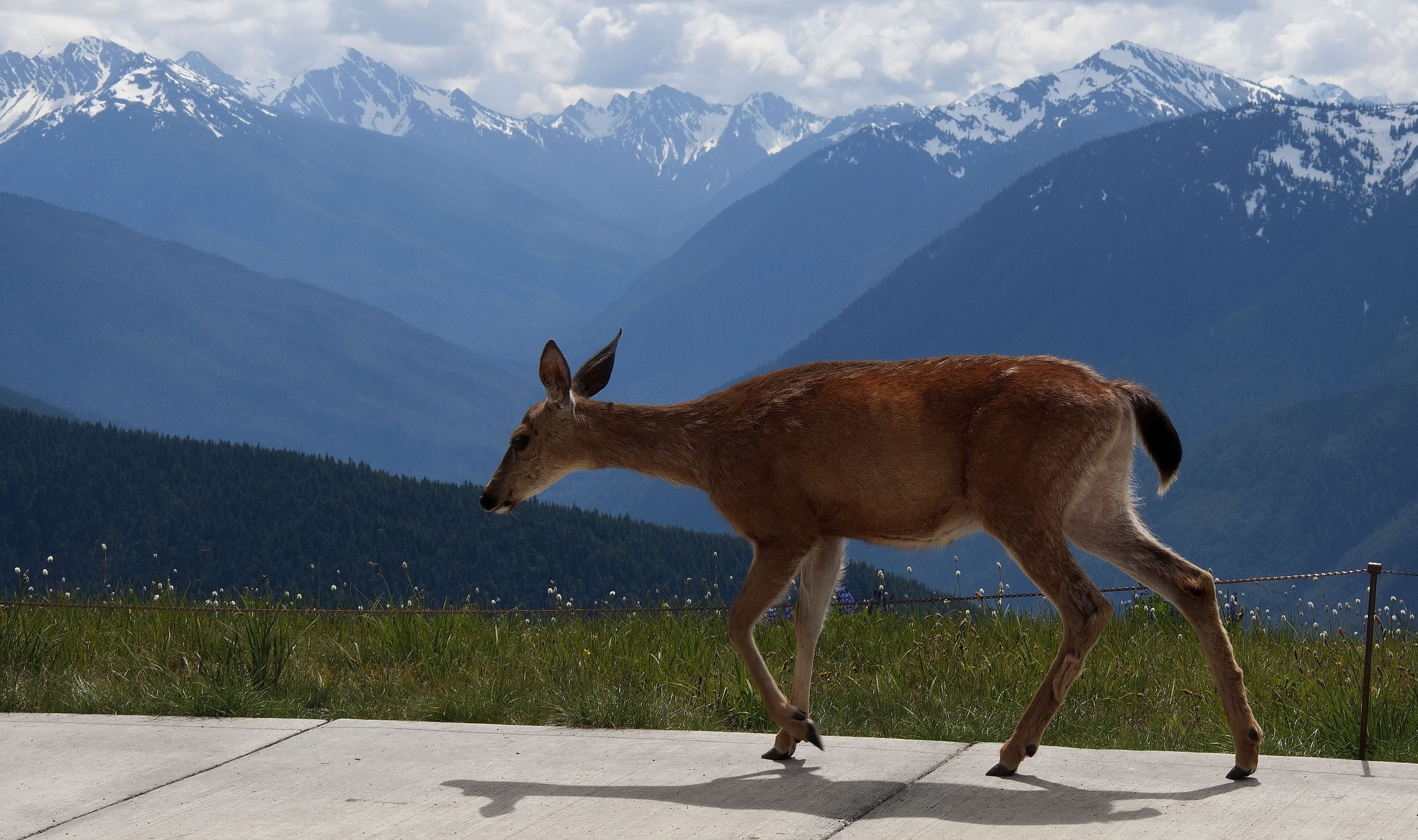The Moonwalk and Remembering Alan Shepard
The world this week marked the 50th anniversary of Apollo 11 landing on the moon in 1969 and Neil Armstrong taking those first steps on its dusty surface. At the time, I worked after school as a paperboy for the Longview Daily News, peddling the afternoon edition to patrons of downtown businesses along Methvin, Tyler and Cotton streets, then heading down Green Street to Highway 80. The paper cost a dime, and I got to keep a nickel. A bit of salesmanship was required, since folks decided each day whether to invest that dime – especially since many had already read the Morning Journal. Most days, not much changed from one edition to another. Still, I usually left the office with a canvas sack of papers and returned with a pocket full of change
.
I had no problem selling the extra edition of the Longview Daily News with its banner headline of American astronauts walking on the moon. And yes, I got to shout “Extra! Read All About It! Americans Land on The Moon!” OK, I didn’t exactly shout, but I did raise my voice enough to be heard above the din at the Brass Rail, a smoky downtown bar filled with domino players and oil wildcatters. I sold out of the extra edition quickly; paperboys got to keep all the money for extras, which didn’t come around very often. I recall one was published when former President Dwight Eisenhower died. I puzzled over the need for that extra, since at 78 and after several heart attacks, his demise could hardly have been a surprise. But I was happy to earn the money.

On Sept. 11, 2001, I helped produce the last extra of my newspaper career. I took no joy in it.
|—|
I made no money the day after the moonwalks from Miz White. That’s what I have called her over the years, though I have no idea of her actual name. Miz White was an elderly black woman who lived in a shotgun house on Green Street, just south of Highway 80. She sat on her front porch most days, probably because it was cooler than inside her unairconditioned house. Usually she bought a paper, but not that day.
“Miz White, do you want to read about the moon landing?” I asked. Her approximate reply was, “I ain’t truckin’ with no man landing on the moon. I don’t believe it.”
I argued a bit to no avail. Miz White likely went to her grave convinced it was all staged in a television studio.
|—|
I became fascinated with the space program as a small child. Alan Shepard, the first American to travel in space, in 1961, grew up in Derry, N.H. about 25 miles south of my hometown of Allenstown. Not long after his triumphant return from space, he traveled in a convertible through downtown Pembroke, the adjoining town. I waved at this astronaut, while my mom snapped a blurry photo, which accompanies this piece. From then on, I read everything I could about the space program.
Uncle Al Lecaroz was a career Navy man, and for a time served on the U.S.S. Wasp, an aircraft carrier that retrieved five Gemini astronaut crews – the successor to the original Mercury program that propelled Shepard into space and, later, John Glenn into orbit. He managed to procure a few autographed photos of astronauts and a few NASA cloth patches, which I greatly treasured.
|—|

More than three decades later, I walked out my back door on a fine February morning only to hear a sonic boom. The shuttle Columbia had exploded above East Texas, killing its seven-member crew. Within minutes, pieces of shuttle debris rained down on Nacogdoches, and soon I was involved in the biggest – and one of the most heartbreaking – stories of my career. The other night, I talked briefly about that while introducing a NASA engineer, who was the featured speaker at a local event.
The manned space program for a number of years has largely been ceded to Russia and the private sector, with a few billionaires trying to launch programs to send private citizens into space. Now, the NASA Orion human spacecraft aims to take astronauts farther into space than we have ever gone beginning in just a few years, with test launches already underway. The NASA website says this will help put NASA and the United States, “in a position to unlock the mysteries of space.”
I certainly hope so.
Leave a reply
Fields marked with * are required











